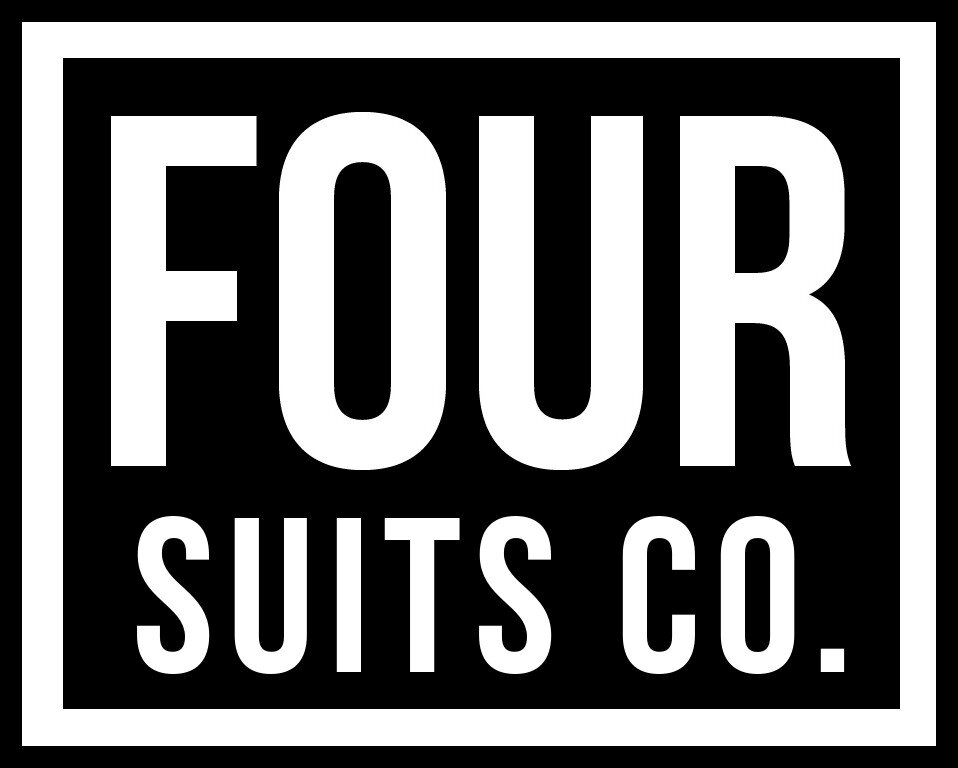Misdirection: Can I Play with Your Frank?
Anyone who performs magic inevitably gets asked about the concept of misdirection. At first when I got this question I would vaguely talk about making someone look one place while doing something elsewhere, but this always felt incomplete and only partially accurate. Then I stumbled on Apollo Robbins’ excellent TED talk. If you haven’t watched it before, or have forgotten it, go watch it. It’s lots of fun, very clever, and the rest of this won’t make much sense without it:
Now, although Robbins is technically a stage pickpocket and not a magician, the overlap is obvious, especially on this topic. Although his explanations of attention models were, to me, a little confusing, I thought the procedure he had the audience goes through with their phones was pure gold, and it’s here that I want to focus our Frank -- er, I mean, our attention. It perfectly illustrates that often misdirection isn’t about making someone look at the wrong place, it’s about making them pay attention to, or value, the wrong pieces of information. That way, despite looking at the right place, and having what feels like a complete memory of what happened, they still managed to miss the crucial pieces.
Once you see misdirection in this larger light, that of controlling how they value information they have received, you see how it applies to effects not based on physical misdirection. For example, in mentalism effects that use some anagram systems, or restricted-choice fishing, often the magician gains important information from misses, which (performed properly) are the mental equivalent of skipping right by the lock screen to see the thought of icon. Obviously I’m not saying spectators will forget your every miss, but neither is anyone saying the audience in Robbins’ talk “forgot” they looked at a screen with a clock in it. Instead, they simply didn’t even realize it was a moment worth remembering.
“Attention is what steers your perception” -Apollo Robbins
-- Z.Y.
